Global Witness defends Hoang Anh Gia Lai evidence
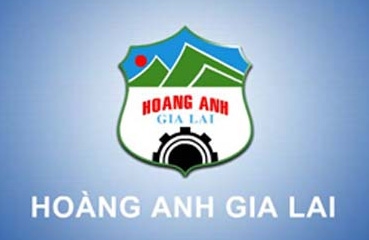 It follows Hoang Anh Gia Lai’s (HAGL) claims of inaccuracies in the Rubber Barons report, which highlights how the company’s rubber plantations in Cambodia and Laos violated laws and contributing to environmental and human rights abuses.
It follows Hoang Anh Gia Lai’s (HAGL) claims of inaccuracies in the Rubber Barons report, which highlights how the company’s rubber plantations in Cambodia and Laos violated laws and contributing to environmental and human rights abuses.
HAGL chairman Doan Nguyen Duc last week denied Global Witness Organisation accusations of land and forest grabs in Laos and Cambodia.
“We will not sue, although the accusations have harmed our image and share price. We’ll show them that we’ve done nothing wrong. We do not destroy the forest nor trade logs. Meanwhile, our projects have generated jobs for tens of thousands of local residents. If we are found to be committing violations, we are willing to fix them, but I’m confident that we have not,” Duc said.
However, Global Witness noted that it had documented systemic legal violations by HAGL’s rubber plantations in both Cambodia and Laos during 2012.
“The extensive evidence presented in ‘Rubber Barons’ exposes how HAGL has acquired vast amounts of land, almost five times the maximum legal size limit in Cambodia and how the company has openly ignored legal environmental and social safeguards, devastating local livelihoods and intact forests in the process,” the organisation said.
“Instead of addressing the evidence in the report and improving the situation for the hundreds of affected people on the ground, HAGL seems more concerned with protecting its public image. What is the company going to do to bring a stop to the destruction it is responsible for?” said Megan MacInnes, head of the land campaign at Global Witness.
According to Global Witness, its representatives met with HAGL representatives on August 22, 2012 in Pleiku to present this evidence and recommend steps the company should take to remedy these problems.
“Duc now denies that this meeting ever took place, which is untrue. The meeting was followed by several email exchanges over a number of weeks, during which the company stated it was not willing to implement these recommendations. In March, 2013 Global Witness wrote to HAGL asking for an update on what action the company had taken since August 2012, but the company declined to answer,” Global Witness said in the announcement.
The organisation said it would in dialogue with Duc and his colleagues about meeting again in Pleiku in June, 2013.
“Whilst Global Witness welcomes the invitation from the company to visit their rubber plantations, we have already visited these projects a number of times during 2012. At this stage, we believe it would be more productive to sit down with the company directly to discuss the findings of our research and what action can be taken to address the problems,” it stated.
The organisation said it was in dialogue with Duc and his colleagues about meeting again in Pleiku in June 2013.
“Whilst Global Witness welcomes the invitation from the company to visit their rubber plantations, we have already visited these projects a number of times during 2012. At this stage, we believe it would be more productive to sit down with the company directly to discuss the findings of our research and what action can be taken to address the problems,” it stated.
What the stars mean:
★ Poor ★ ★ Promising ★★★ Good ★★★★ Very good ★★★★★ Exceptional
Latest News
More News
- SABECO to elevate Vietnam's beverage industry to global standards (November 21, 2024 | 17:36)
- ABeam Consulting Vietnam introduces BSQCD Purchasing Strategy Framework (November 21, 2024 | 16:40)
- Major railway requires debt considerations (November 21, 2024 | 12:07)
- Reviving a new life cycle for plastic waste (November 21, 2024 | 09:16)
- Key balances maintained for industrial production (November 21, 2024 | 08:00)
- Ecolean Vietnam honoured with prestigious sustainability award (November 19, 2024 | 10:01)
- HEINEKEN Vietnam’s clear path towards net-zero (November 18, 2024 | 15:13)
- VLCA 2024 honours corporate governance excellence as listed companies raise the bar (November 18, 2024 | 09:00)
- High-tech personnel to drive competition (November 17, 2024 | 09:21)
- Rising use of Generative AI Apps boosts consumer interest in differentiated connectivity (November 16, 2024 | 09:41)




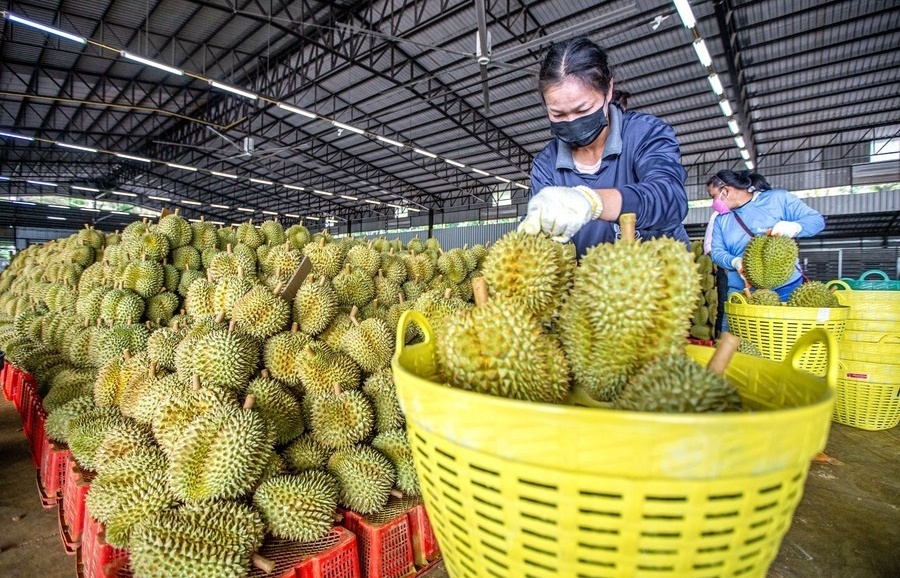
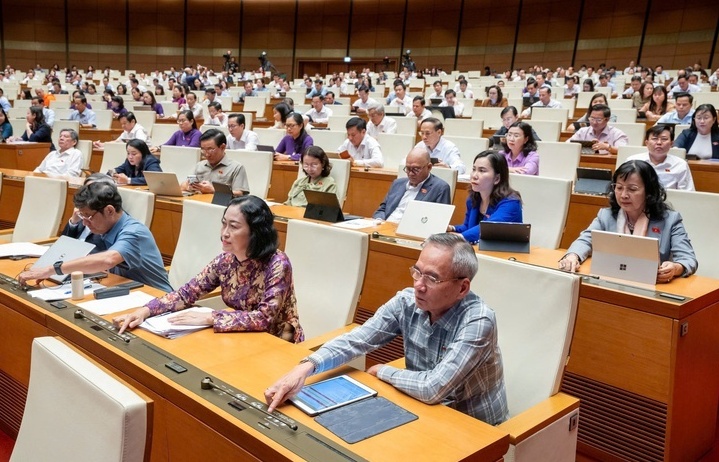
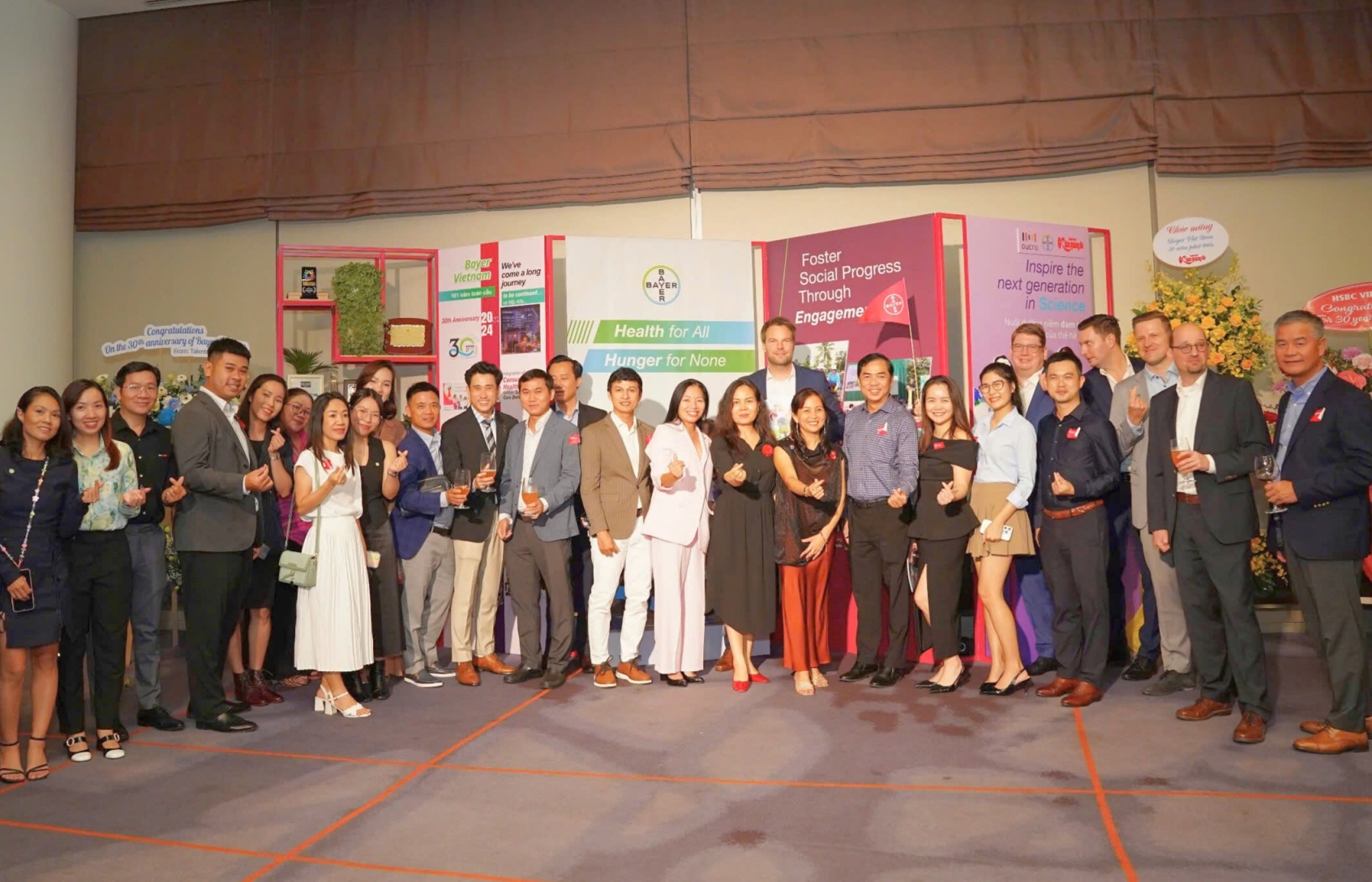
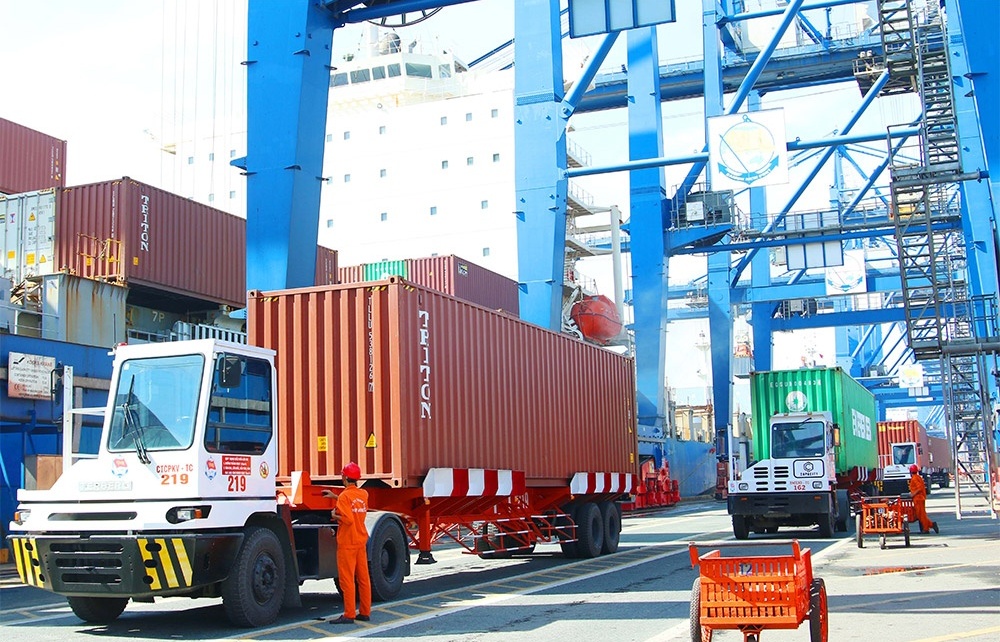
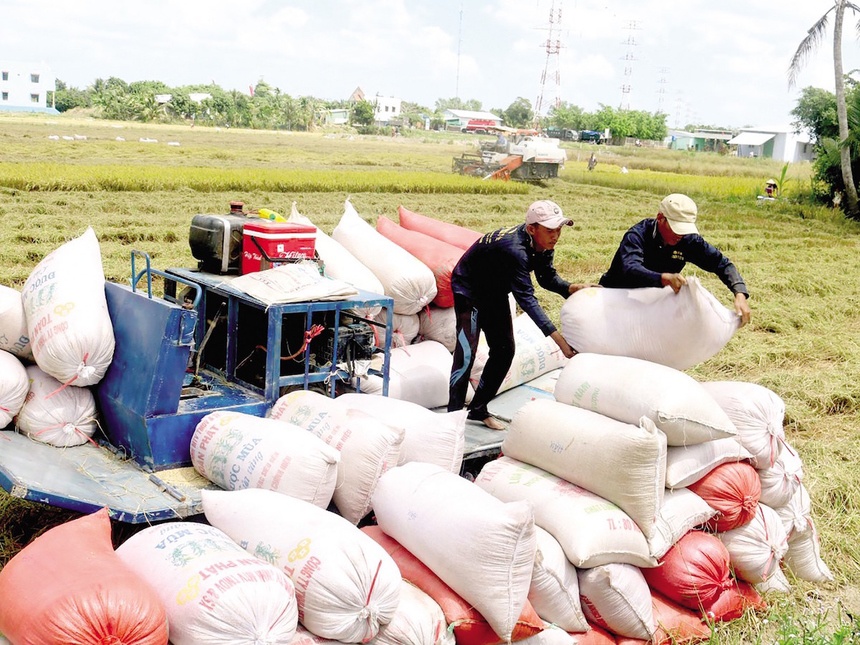




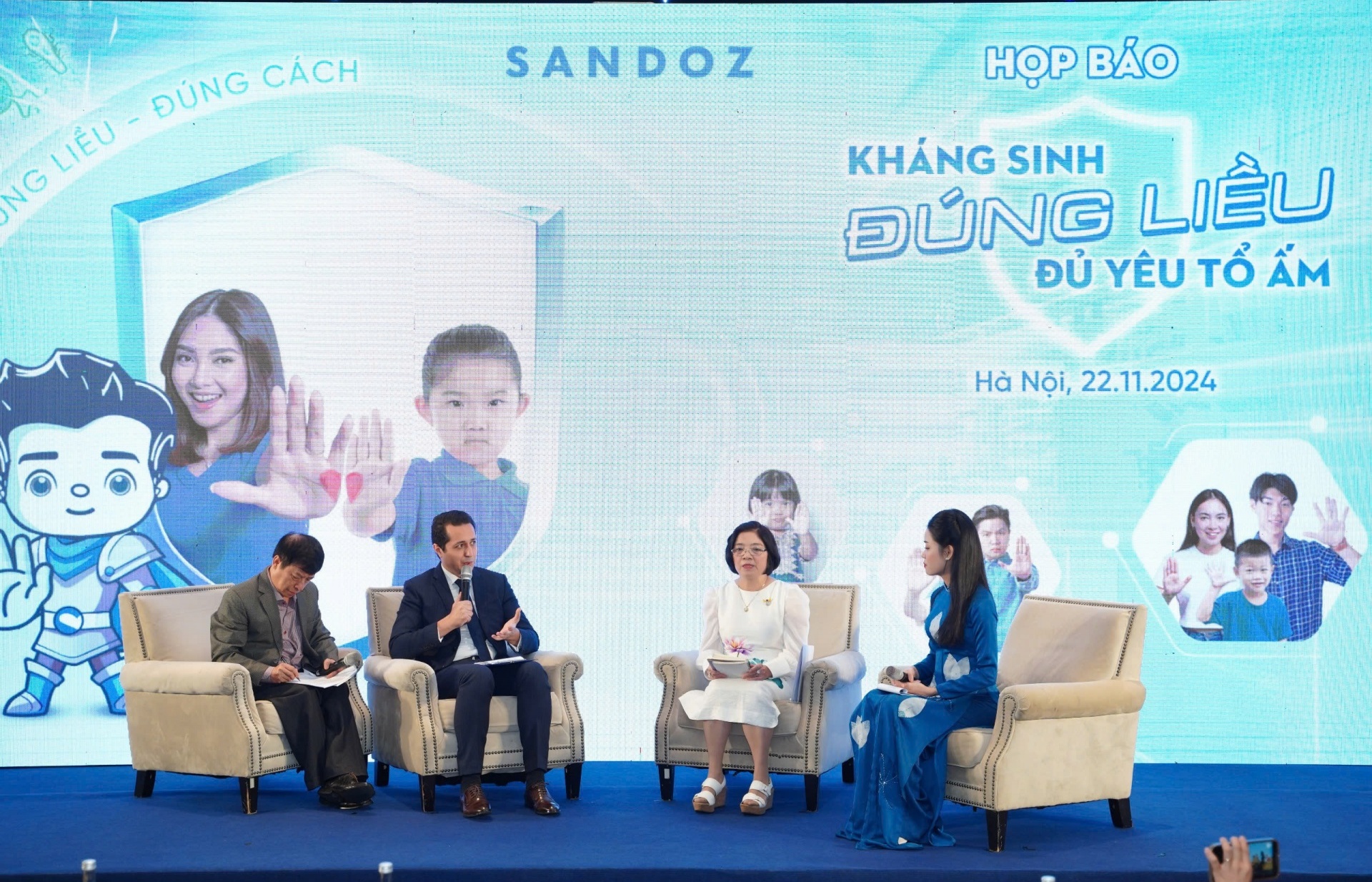
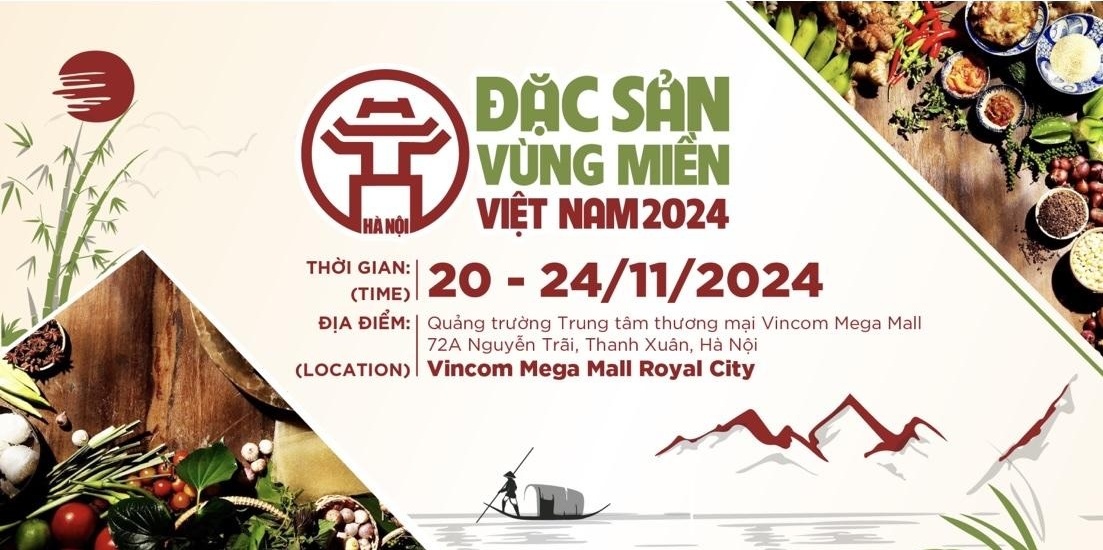
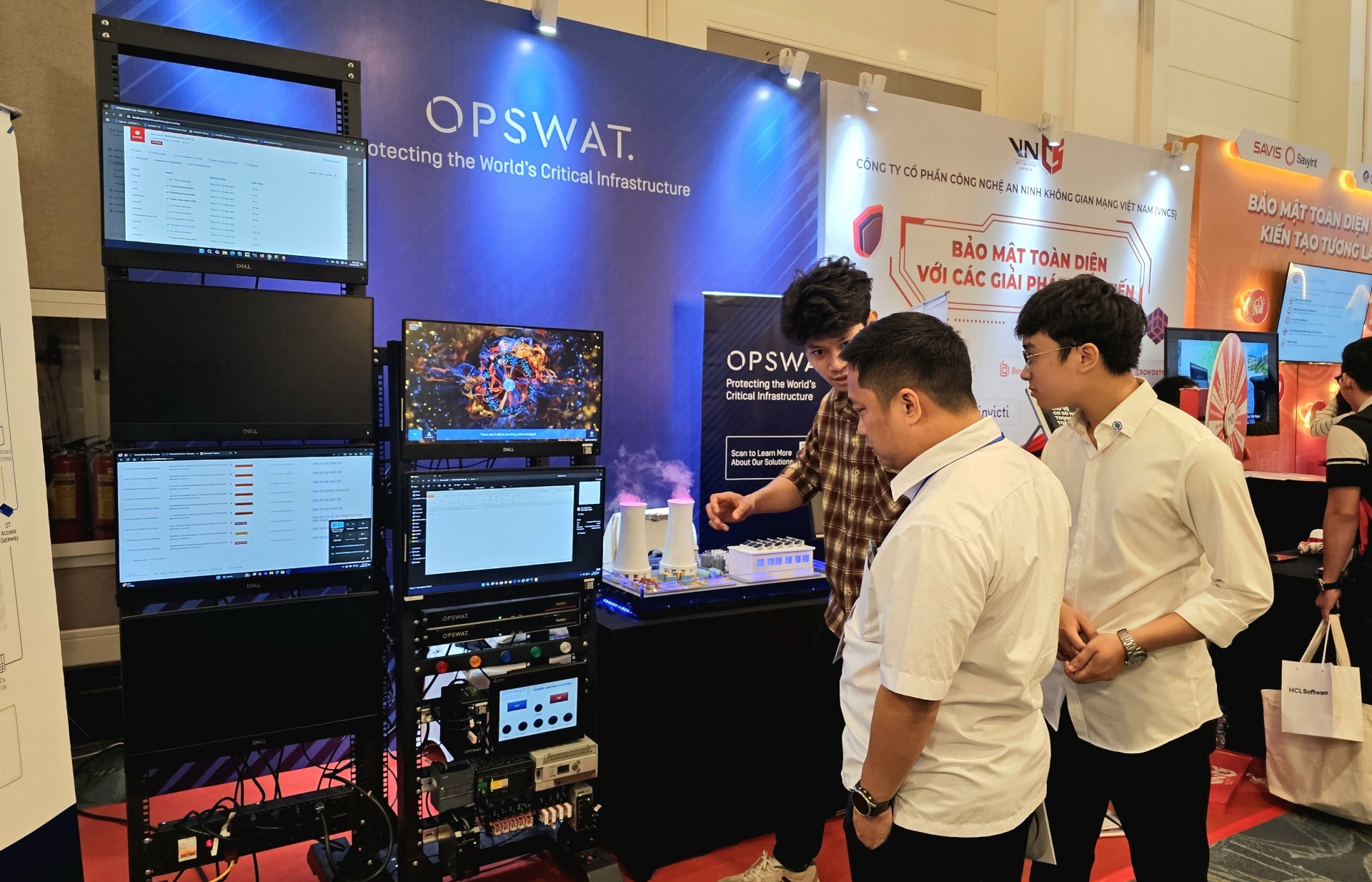



 Mobile Version
Mobile Version